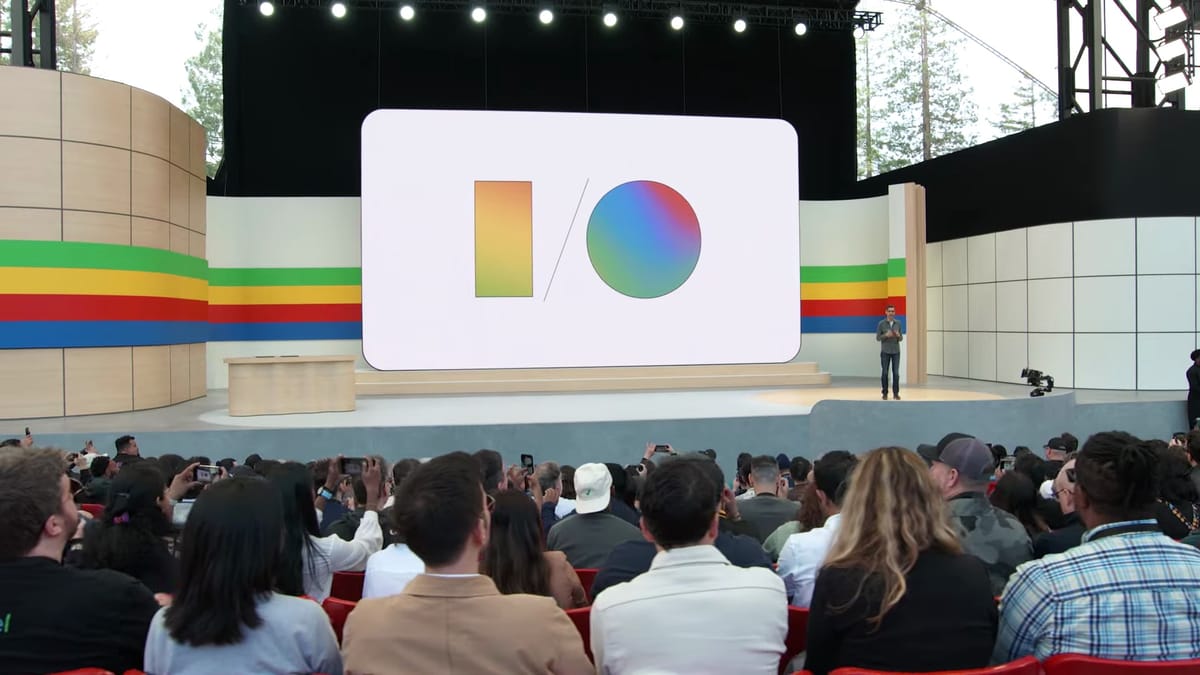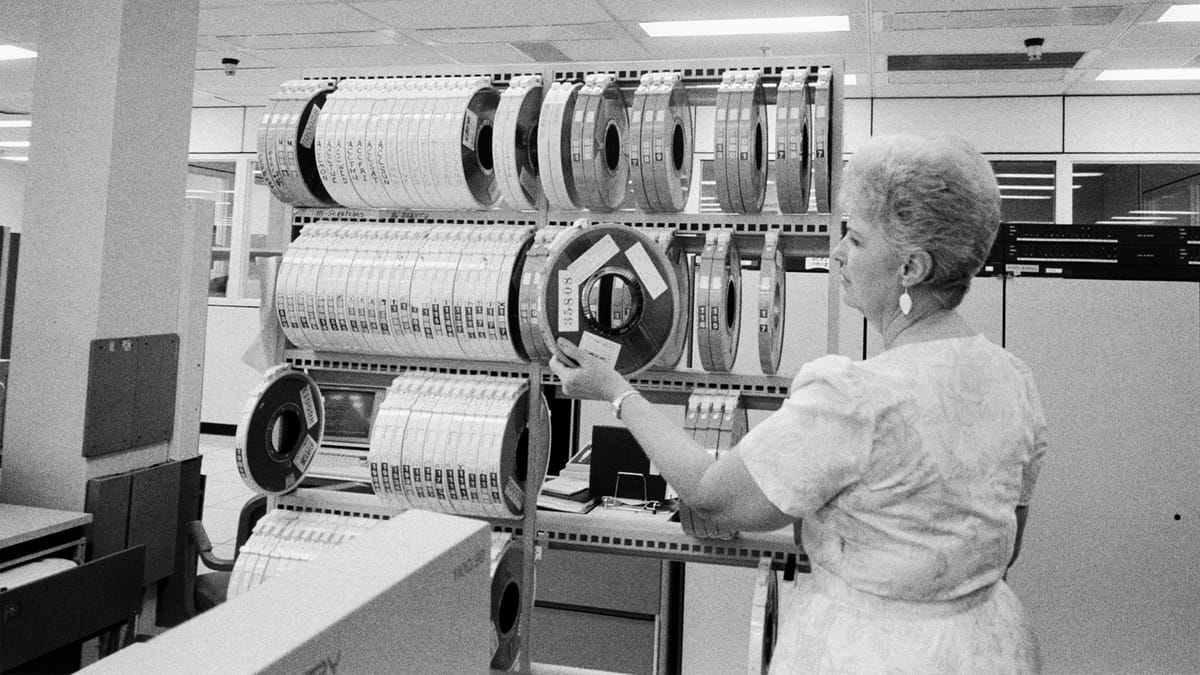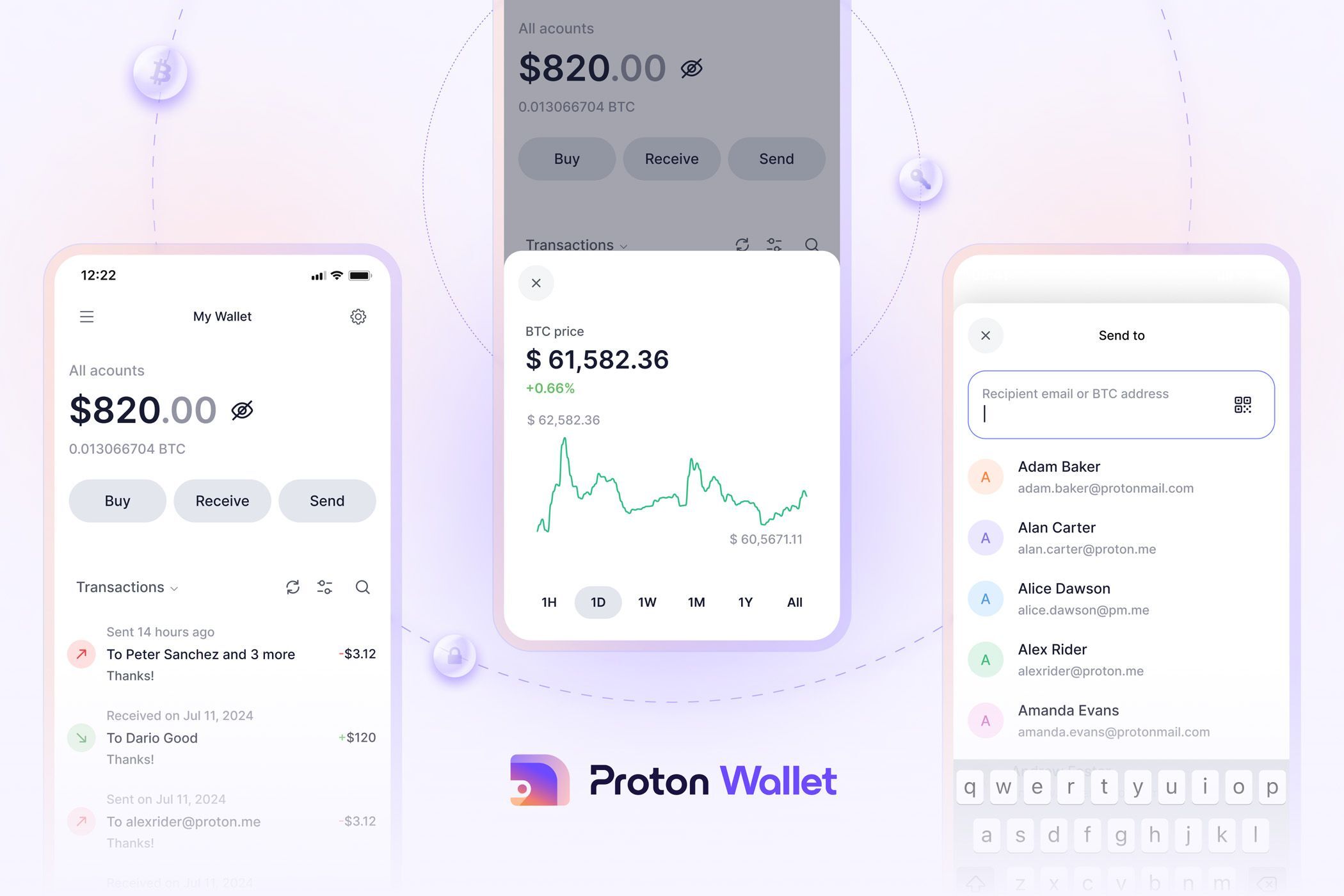- 70 Posts
- 93 Comments

 14·6 months ago
14·6 months agoSeemingly only in Japan, though.

 3·6 months ago
3·6 months agoYeah it would be nice to get Movies Anywhere or something fully on board. All the movie studios are sitting on 3D movies already, they just need to make the app(s).
It is 15 years old, but the “retro” is more about running apps and games from as old as 2001 natively.
The exact same services? Did YouTube exist in the 1980s?
The Mozilla FUD where I said I like Firefox and pointed out how many of the projects continued in some form after Mozilla ended them?
Most of the services Google kills are also because they “fizzled out”. If you scroll through the Killed by Google site, a lot of the stuff listed there were test apps or small-scale experiments that most people never heard about or cared to try, like all the apps under Area 120. There are a few high-profile examples (Reader, Stadia, etc) but they’re definitely not the majority, same as Mozilla.

 41·10 months ago
41·10 months agoApple discontinued its own Apple Pay Later service in favor of just integrating third-party payment services, like Affirm: https://9to5mac.com/2024/06/17/apple-pay-later-united-states-ending/
Stock price is largely about future earnings potential, not current quarter or past results. That’s why a company can have record-breaking earnings, but still eat shit in stock price for a while if it lowers predictions for next quarter.
The layoffs were announced at the same time as Intel’s Q2 financial results: https://www.intel.com/content/www/us/en/newsroom/news/actions-accelerate-our-progress.html
Okay, not the point.
Some of the “drawbacks” are the only way Firefox works as well as it does. If Mozilla didn’t have usage telemetry data, automated crash reports, etc, Firefox would be a much worse application. This is how modern software development works when you have millions of users across a dozen or more platforms.
LibreWolf only exists because Mozilla does all the actual development and runs all the infrastructure. That’s like saying the US Virgin Islands should take over the rest of the United States.
If websites want my business they’ll support my browser.
Sure, but that goes both ways, which is the part where you start losing a lot of privacy evangelists and Firefox fans. You are entitled to full control over your device and browsing experience, and sites retain the right to block browsers interfering with ads, trackers, or whatever else the sites use to pay the bills. A lot of people want it both ways and that cannot work at scale.

 323·1 year ago
323·1 year agoGoogle worked on Privacy Sandbox/Topics API/FLoC for at least five years, and it couldn’t get something that advertisers, regulators, and users could all agree on, so it’s just falling back to the thing that worked (but has next to zero privacy protections). Sigh.

 21·1 year ago
21·1 year agoThat’s up to 30K dynamic rules, at least 30K static rules, and at least 1K regex rules: https://developer.chrome.com/docs/extensions/reference/api/declarativeNetRequest#property-GUARANTEED_MINIMUM_STATIC_RULES
That seems like it’s fine for general use, and those limits might go up again. EasyList and the other big lists can be consolidated to varying degrees with Chrome’s rules format, and there’s probably some dead rules in there. uBlock Origin on Firefox will definitely be more versatile moving forward, but every time I’ve used uBlock Origin Lite in Chrome it’s almost the same experience.

 31·1 year ago
31·1 year agoIf you like this article, please consider following the site on Mastodon/Fedi, email, or RSS. It helps me get information like this out to a wider audience :)

 144·1 year ago
144·1 year agoIf you like this article, please consider following the site on Mastodon/Fedi, email, or RSS. It helps me get information like this out to a wider audience :)

 81·1 year ago
81·1 year agoThe article talks about Firefox too.

 23·1 year ago
23·1 year agoAdblock users are still a statistical minority of web users. Most people don’t care (as evidenced by Netflix’s ad tier gaining subscribers every quarter) or don’t know those extensions exist.



















Not really, even the cheap phones have large screens now. There’s no correlation anymore between price and screen size, the cheap phones just have lower quality panels.